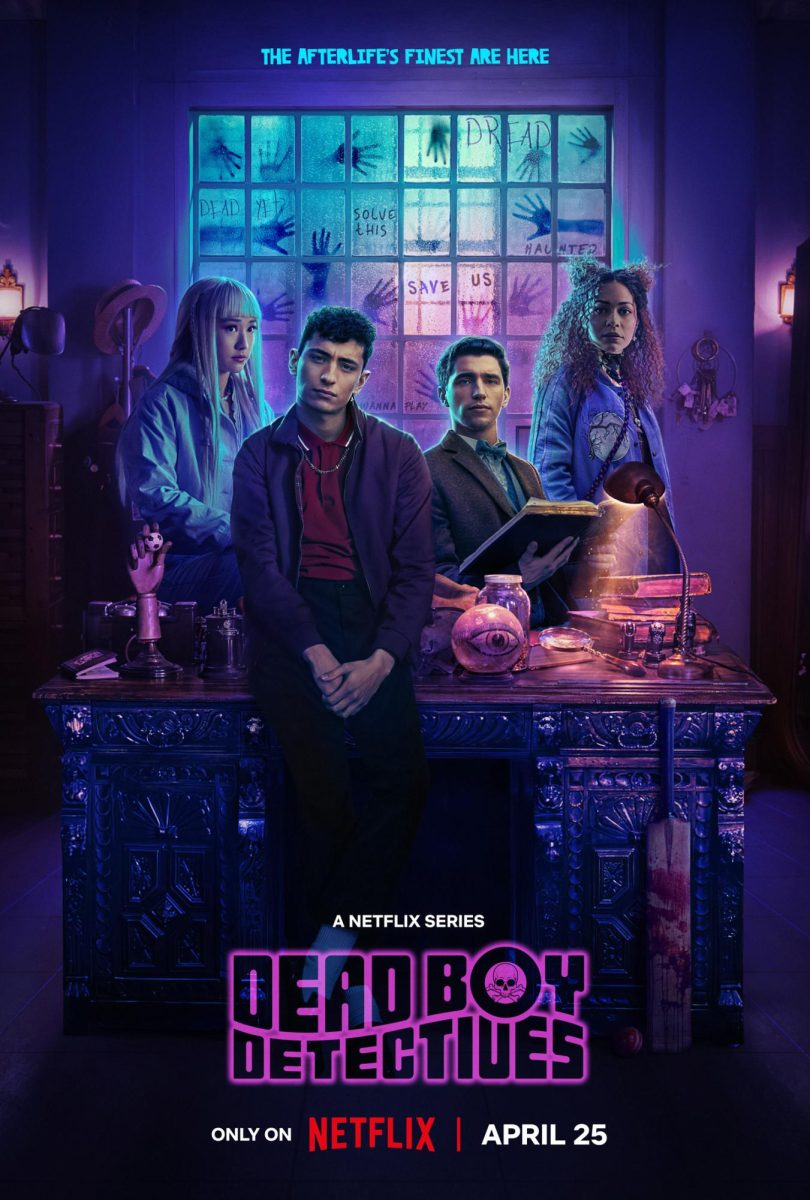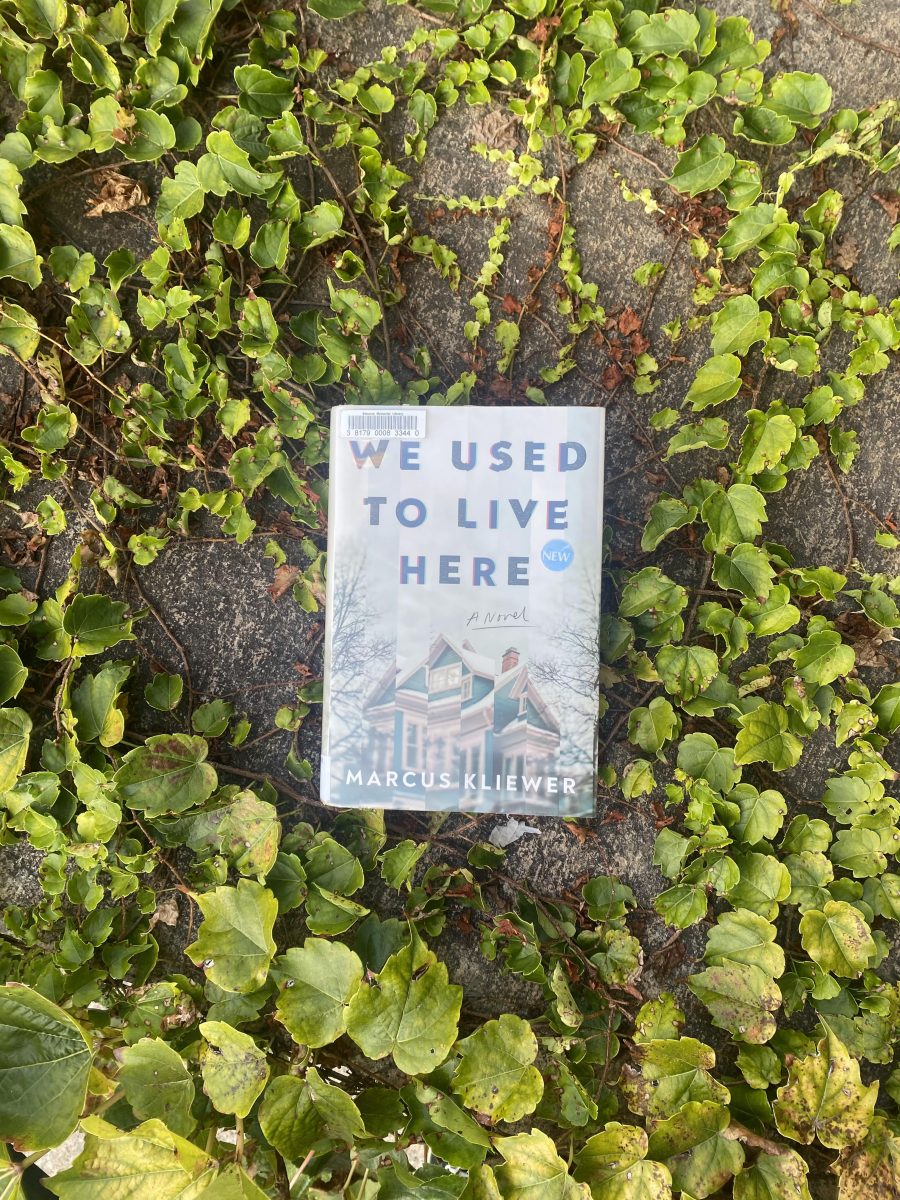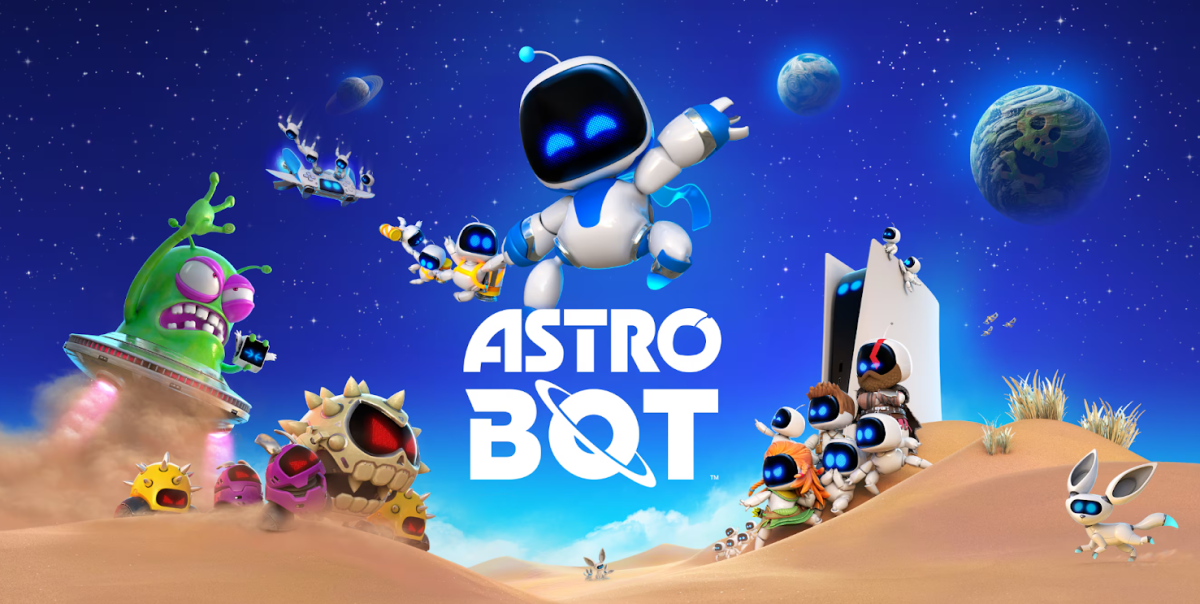
By Jay Krieger
Ever since it came online six years ago, Twitter has been compared to its social-media counterpart, Facebook. Both are ways to let friends, or followers, see what you have been doing and thinking. They provide instant communication with others.
So what are the main differences? Facebook offers more ways to interact, including instant messaging and the creation of social groups; it also allows users to post several photos at a time. Twitter, however, has an element of simplicity that makes it an attractive supplement, or alternative, to Facebook.
“I don’t use Twitter now, but I am considering using it, as it is more basic than Facebook,” said Fitchburg State freshman Mark Pray. “I check my e-mail more frequently than Facebook, and the only time I do check it is if people tell me they have posted something on my wall.” Pray said that he doesn’t use most of the features that Facebook offers, as he finds them to be trivial and useless.
“What is appealing about Twitter is the sense that users are tweeting on the go,” Pray said. “It is a more current image of who a person is, more immediately.” He also likes the fact that someone can follow you on Twitter, but you do not have to follow them back, unlike Facebook’s mutual friendships.
While Facebook might offer more options such as groups, fan pages, extensive photo albums, and even game sections, some students see these features as unnecessary. Twitter, however, is known to be more basic. “It’s more accessible, and more simple to use on the go, and keeps me more connected,” said Kyle Madej, a sophomore at Fitchburg State. But is Twitter’s notorious 140-word limit a problem? “The word limit is sometimes annoying, as I want to say more, but it also makes me think more about what I have to say and to be more to the point, and not use excess words,” Madej said.
Among Twitter’s most popular offerings are the celebrity and parody accounts. Celebrity accounts allow fans to hear directly from their favorite celebrities, while parody accounts are meant purely for comedic value. Madej said he likes Twitter because these types of accounts can “entertain people as much as possible.”
One aspect of Twitter that appeals to many users is the posting of trending topics of the day or hour. A recent trending topic, for example, was #highschoolmemories, followed by a person tweeting a memory from high school. Kyle Madej said he felt that this feature is a nice element that really brings people together.
While Twitter’s simplicity is a plus for users, there is one complaint that’s frequently heard. “I don’t want to know what everyone is doing every waking second of the day,” said Josh White, a sophomore at FSU. With Facebook, I can check a few times a day instead of several times an hour.”
White also noted that using Facebook allows him to keep in touch with people who are not at their computer all day, or who do not own a smartphone. “Twitter is more immediate, and that’s something I’m just not interested in,” White said. “I treat Facebook like my e-mail, a place where I gradually check for messages and links people have sent me, and something I am not checking every 15 minutes.”
Categories:
Facebook vs. Twitter: Which do you prefer?
March 1, 2012
0





